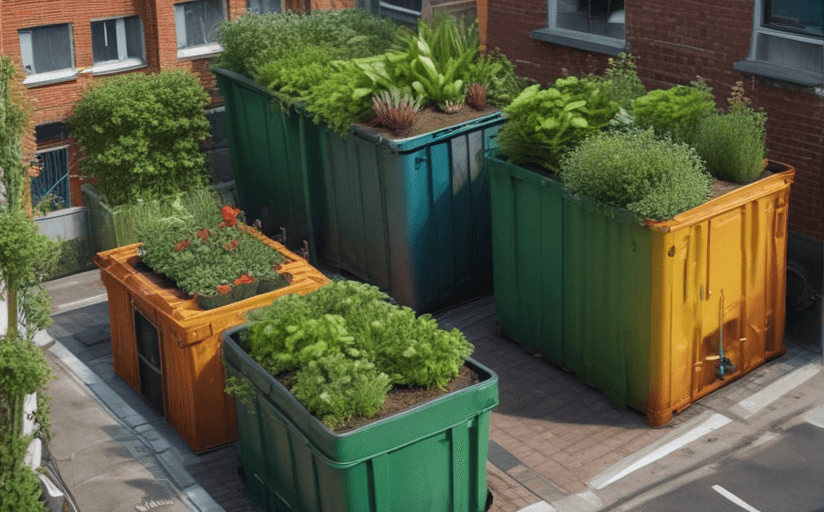Urban Gardening: Sustainable Solutions for Greening the Concrete Jungle
The concept of urban gardening, though not new, is ever-evolving as gardeners discover innovative and eco-friendly techniques that cater to the unique challenges of city living. Despite the limitations of space, pollution, and lack of sunlight, it is possible, with the right approach, to transform our tiny balconies, rooftops, or any accessible minuscule spaces into a green haven. Let's dig a little deeper to explore these sustainable gardening approaches and their benefits.
Challenges of Urban Gardening
Urban environments present a unique set of challenges to gardeners. Limited space restricts the scale at which one might like to garden, while environmental pollution could potentially damage or limit the growth of plants. Lack of sunlight, particularly in densely constructed areas, also presents another obstacle to maintaining a thriving garden.
Sustainable Gardening Solutions
Fortunately, gardeners have been creative in developing sustainable solutions to these challenges. Here are a few techniques:
Vertical Gardening
Given the lack of horizontal space in urban settings, why not go vertical? Vertical gardening involves growing plants on vertically suspended panels, trellises, or hanging pots. This smart method does not only maximize the available space but also adds a visually appealing green facade to urban buildings.
Container Gardening
Another space-saving solution is container gardening. Almost anything can be a container - pots, plastic bottles, cans, or even an old sink. This technique involves planting in small, mobile containers that can be easily rearranged based on sunlight availability or aesthetic preference.
Using Native Plants
By choosing to plant species which are native to the area, gardeners can reduce the need for extra watering and fertilizing, as these plants are adapted to local conditions. Plus, these plants often help support local ecosystems, including butterflies, birds, and bees.
Composting
Composting organic waste is an excellent way to create nutrient-rich soil for your garden while reducing waste output. How about a worm composting bin in your kitchen? It's clean, odor-free, and incredibly beneficial to your garden soils.
Water Conservation
Finally, implementing water conservation techniques such as drip irrigation, collecting rainwater, or using self-watering containers can help to conserve this precious resource, which is so critical to gardening.
Transforming Urban Spaces
By adopting these sustainable gardening techniques, urban dwellers can transform small spaces into lush, green sanctuaries which not only provide aesthetic pleasure but also contribute to environmental sustainability by reducing waste, conserving water, and promoting biodiversity.
Inspiring Examples
Take, for instance, Singapore's famed sky gardens, where balconies and rooftops have been transformed into sprawling gardens. Or New York City's community gardens, where once-dilapidated lots have been repurposed into vibrant, green spaces that bring neighbors together and foster community.
Conclusion
As urban populations continue to rise, so too will the importance of finding sustainable gardening solutions that are tailored to city living. By utilizing techniques such as vertical gardening, container gardening, and composting, we can help to green our cities and make them more sustainable.While challenges exist, they are not unsurmountable. In fact, every challenge faced is an opportunity to innovate. So let's grab our gardening gloves and sow the seeds of sustainability in our cities.


















Comments
Leave a Comment